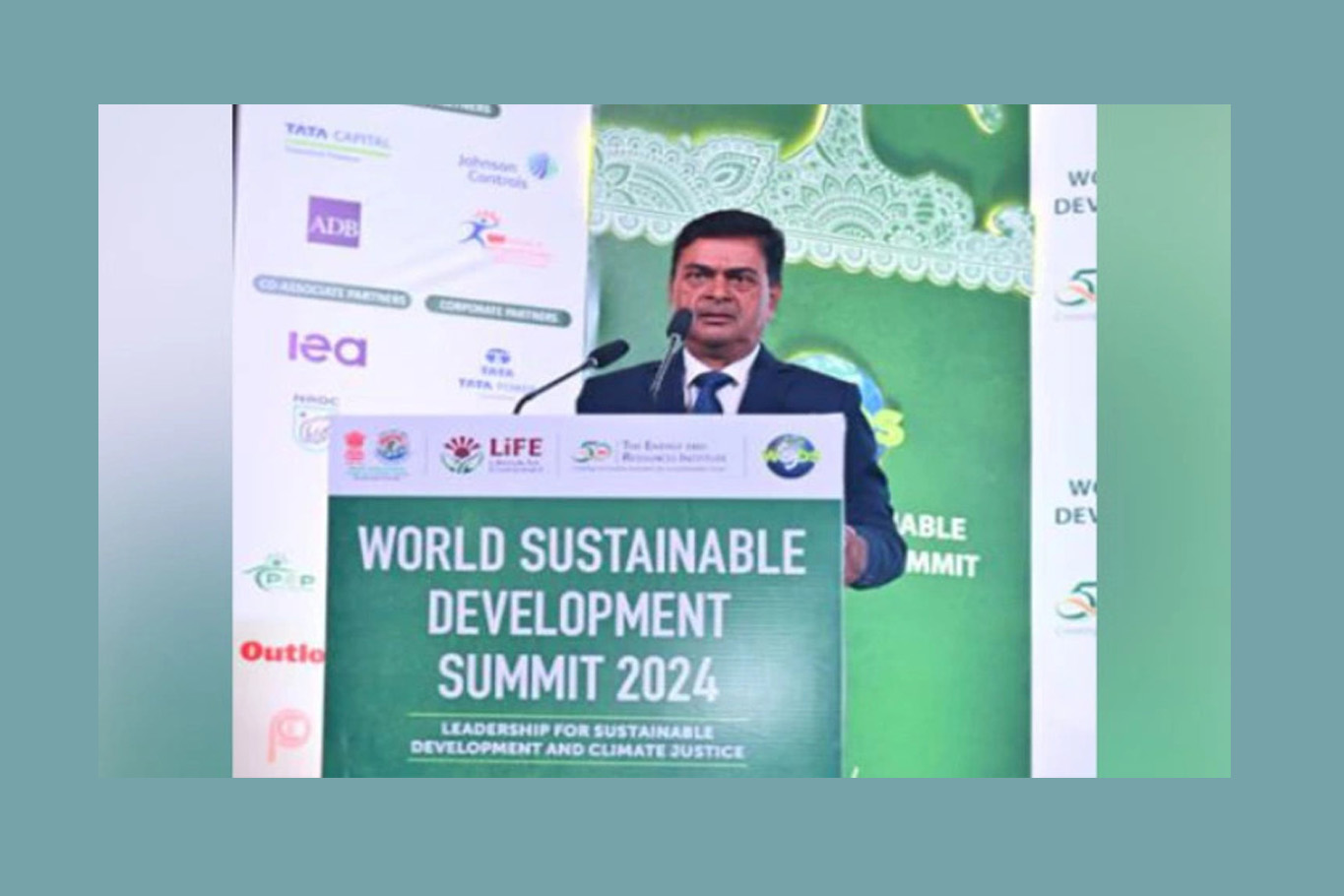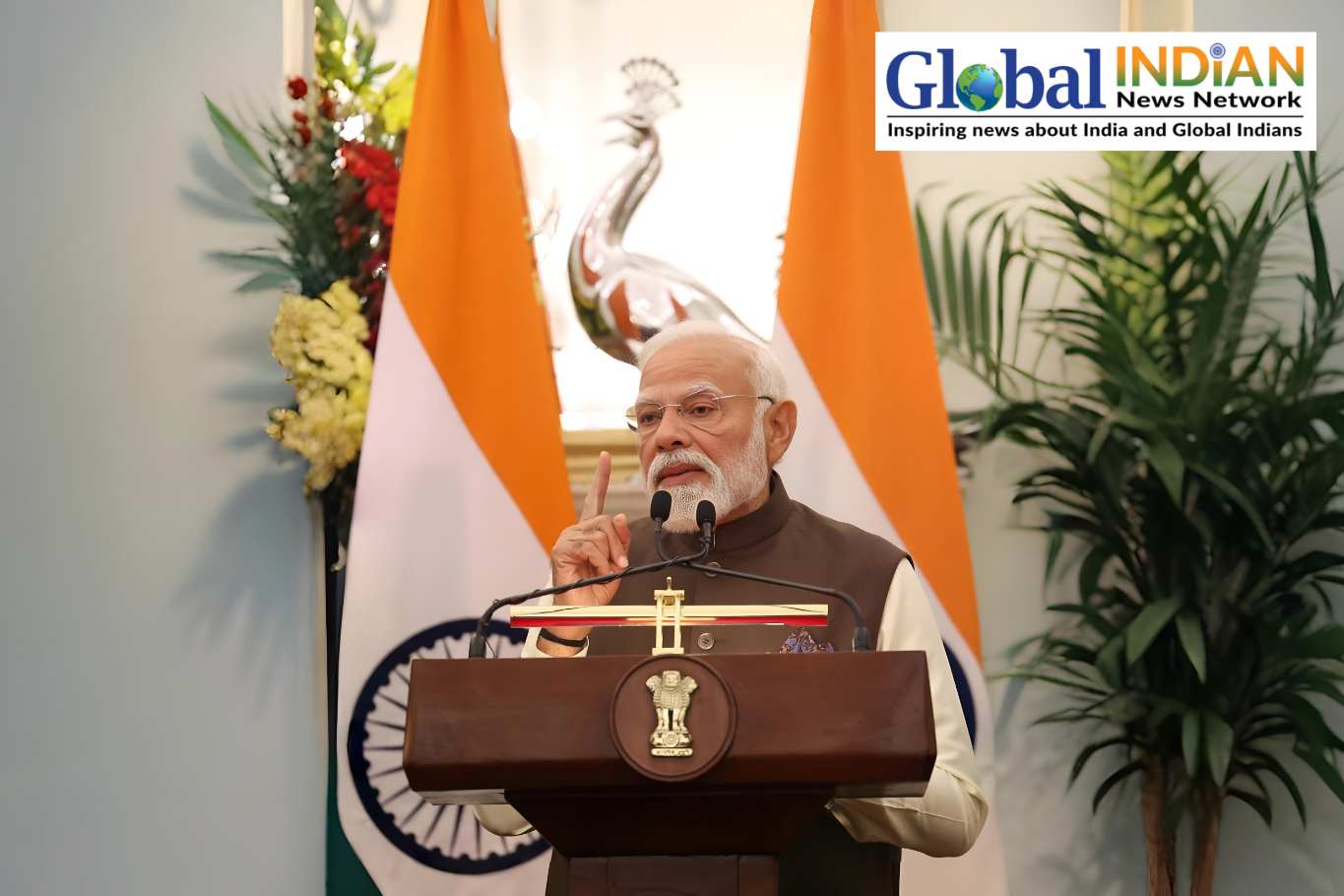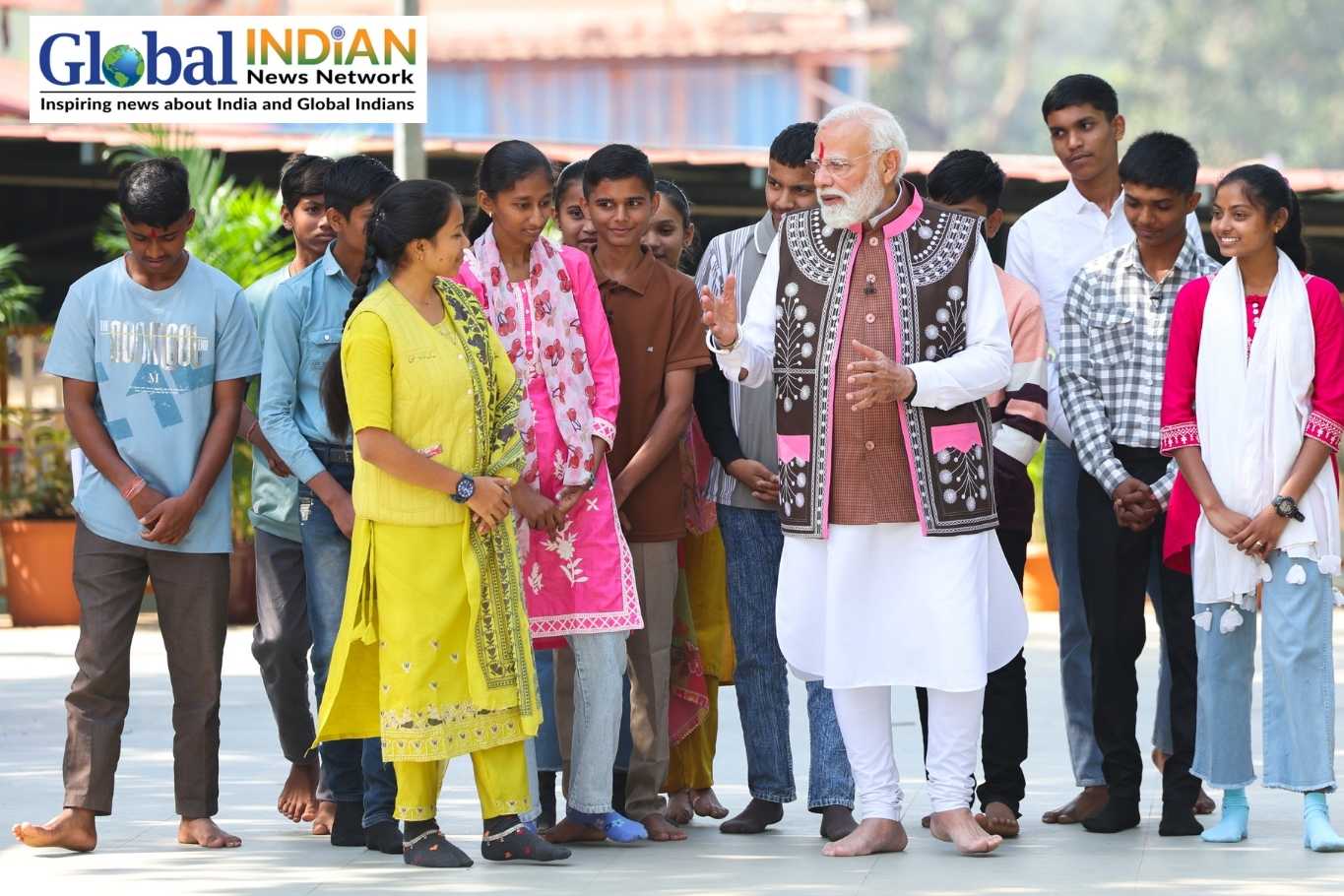
Approximately 44 percent of India’s current energy needs are met by non-fossil sources, with projections indicating a potential increase to as high as 65 percent by 2030, surpassing the commitments made at the COP26 summit in 2021, stated Union Minister RK Singh.
During COP26 in Glasgow, India made a comprehensive pledge known as “Panchamrit,” aiming to achieve various targets by 2030. These included reaching 500 GW of non-fossil electricity capacity, generating half of all energy from renewables, reducing emissions by 1 billion tonnes, decreasing emissions intensity of GDP by 45 percent, and achieving net-zero emissions by 2070.
Speaking at The Energy and Resources Institute’s World Sustainable Development Summit 2024, Singh emphasized India’s progress, noting that the country is on track to exceed its commitments made at COP26. He highlighted that India has over 103,000 MW of renewable capacity under construction and 71,000 MW under bid, showcasing unmatched progress in the energy transition.
Singh underscored India’s relatively low per capita emissions, emphasizing that while developed nations have historically contributed the most to global carbon emissions, India’s contribution is significantly lower. He stressed the importance of developed countries providing space for developing nations to pursue their development goals while acknowledging the need for assistance in finance and technology access.
The minister emphasized the urgency for developed countries to reduce their emissions and support developing nations in their transition to clean energy. He emphasized that the high per capita emissions of developed nations remain a fundamental challenge that needs to be addressed for global sustainability.









